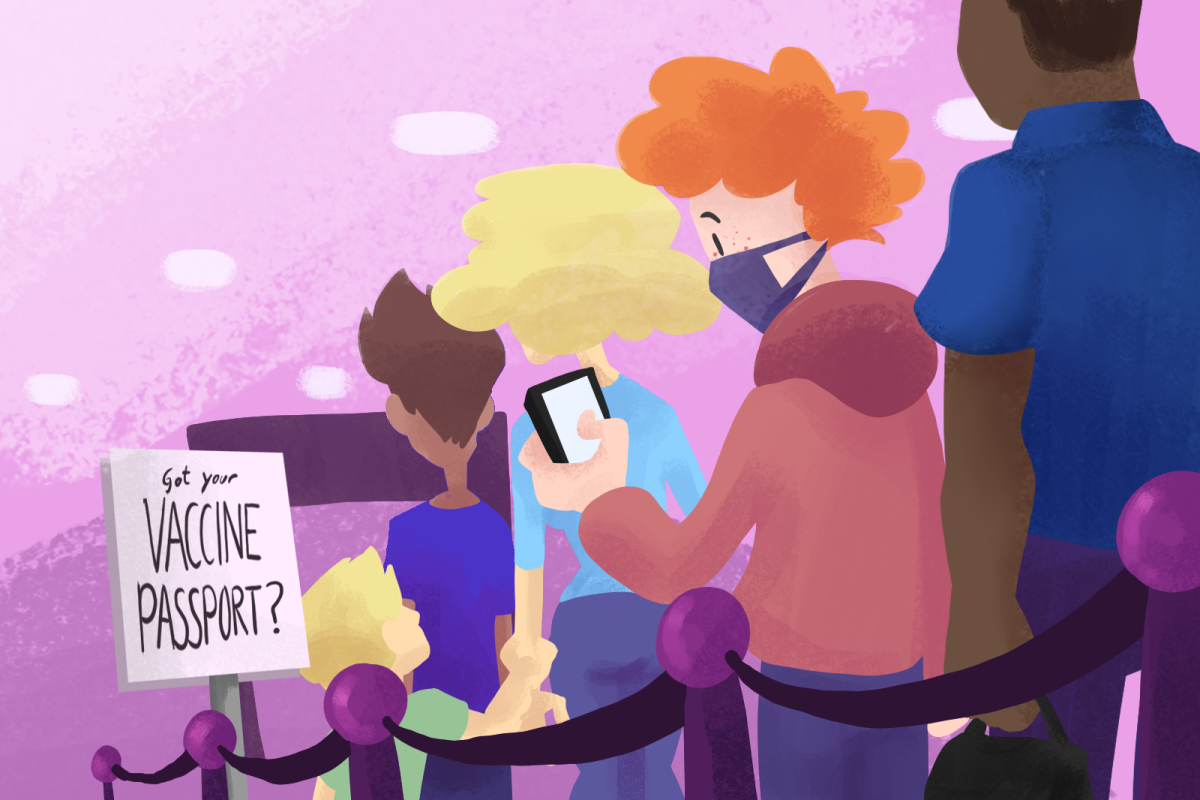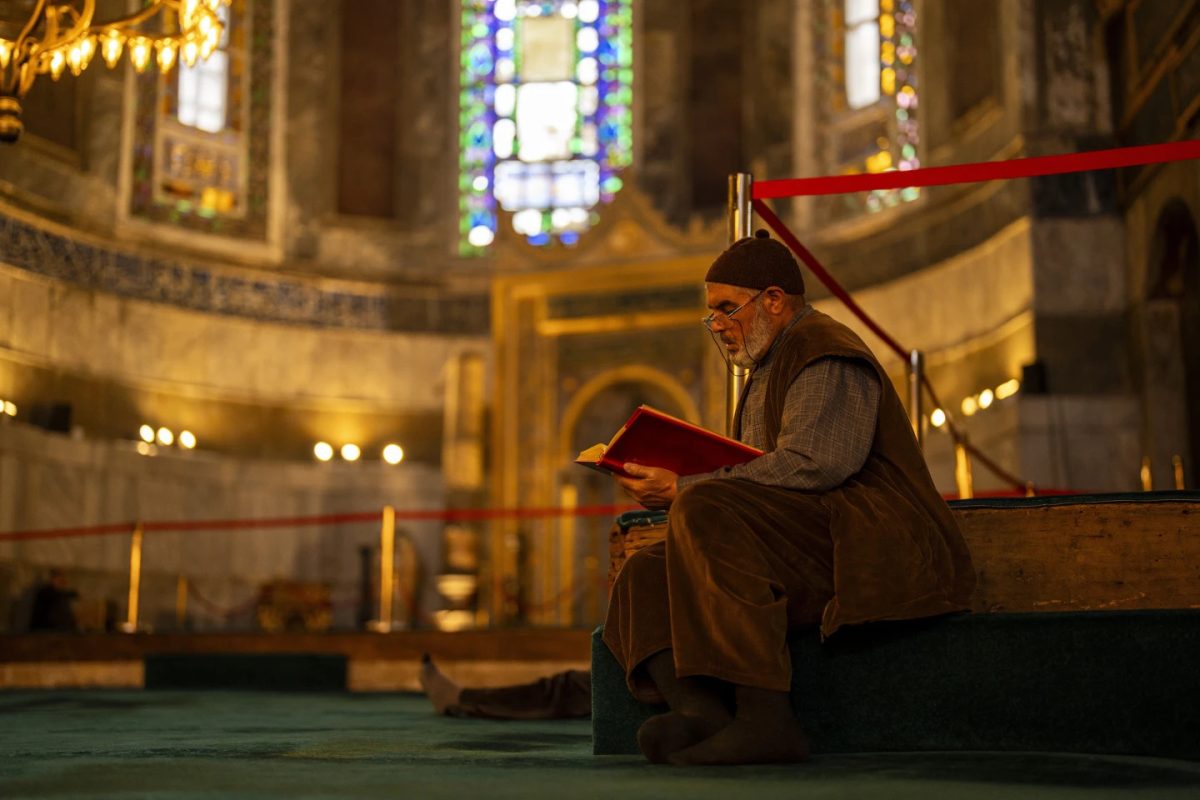As COVID-19 vaccinations have become increasingly available to the general U.S. public, new debates over the concept of vaccine passports — which could become required for people to gain access to travel, employment, education and even admittance into certain venues — have emerged in the recent political discourse surrounding public health issues during the pandemic.
However, the debate over vaccine passports is, in itself, not new at all. In fact, it has been around since the 1890s, when officials of the Government of British India first began requiring vaccine passports in an attempt to stop the spread of the plague.
The colonized civilians of British India at the time resisted this implementation, as they saw it as an invasive governmental measure intending to curb and control the movements of individual citizens. The current debate is not much different.
CNN recently reported:
“Today’s concept of a vaccine ‘passport’ isn’t much different: It’s proof of vaccination — either on paper or in digital form — that grants someone access or entry to venues, foreign countries and other locations. It’s meant to keep those who haven’t been vaccinated out of public areas where they could transmit the coronavirus — and reward people who’ve been vaccinated with a return to somewhat normal life.”
To be clear, the Biden administration has officially stated that, as of right now, it will not be issuing any federal mandate requiring vaccine passports for travel, education or employment. Instead, the implementation of these procedures will be left for individual states to interpret and make decisions on.
The ensuing state-level decisions on how to handle this situation have been interesting, in that they spark debates on other pre-existing and politically polarizing issues. The central debate comes from one side feeling that vaccine passport requirements will serve as our ticket back to economic and cultural normalcy, while the other side sees it as a flagrant governmental infringement on individual rights.
New York was the first state to issue a virtual vaccine passport using a smartphone app created by IBM called the Excelsior Pass, which displays a personalized QR code verifying someone’s vaccine status. Just last month, the state tested the new program at a New York Rangers hockey game and a Brooklyn Nets basketball game, requiring COVID-19 vaccination status on the app for admission.
However, other states are taking the opposite approach. Florida Gov. Ron DeSantis signed an executive order on April 2 which prohibits government entities from issuing vaccine passports within the state and prohibits business owners from requiring them from customers. His basis for making this decision came down to privacy issues and personal freedom.
Similarly, Texas Gov. Greg Abbott signed an order which prohibits state agencies from requiring proof of vaccination for any service. In a video posted on Twitter, he made the following statement:
“Government should not require any Texan to show proof of vaccination and reveal private health information just to go about their daily lives.”
It does not seem likely at this point that there will soon be any federal mandate requiring individuals to have a vaccine passport in order to travel or gain employment or education, especially since we are dealing with a situation in which many Americans have yet to receive a vaccine, and some countries have yet to issue even a single dose to their citizens.
However, this issue is incredibly important for reasons that are buried under the surface-level political discourse.
As we begin to peek our heads above the dark, heavy curtain of this oppressive pandemic, which has obscured our view of the future indefinitely, our circumstances and decisions are beginning to feel like personal choices again — not simply matters of life or death.
So, how does this change our perspective? We immediately return to strike upon the sorts of important political issues we were immersed in right before this all started.
These are issues of individual rights, race and class discrimination and, ultimately, the age-old question of who gets to claim the authority to tell us what to do with our bodies; who gets to decide what is in the best interest of the economy and “common good.”
Additionally, this is a perfectly-timed issue, considering one of the major three vaccines to be tested, determined as safe and pushed on the public with a sense of urgency, has now been suspended after several individuals experienced the same life-threatening reactions to the vaccine.
Of course, I’m talking about the Johnson and Johnson vaccine, which, until a few weeks ago, was being widely offered to and encouraged among the public.
One positive takeaway from this debate is that it shows how the social conversation is moving away from arguments over how we should handle life within the pandemic, and moving towards a future where, for the first time in a long time, people can feel safe traveling and attending new kinds of in-person-experiences all across the country, and even the world.
Natalie Knox is a 23-year-old English senior from Lake Charles.
Opinion: Vaccine passports — necessary for normalcy or an infringement on our rights?
By Natalie Knox
April 21, 2021
Vaccine passports







